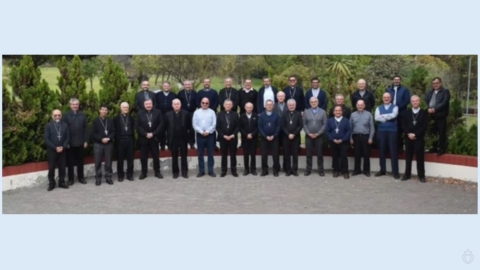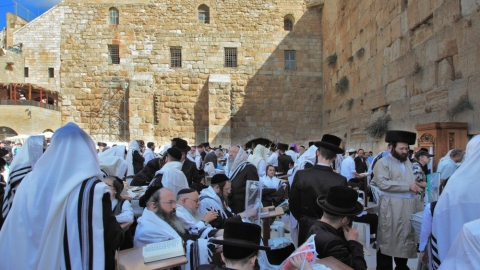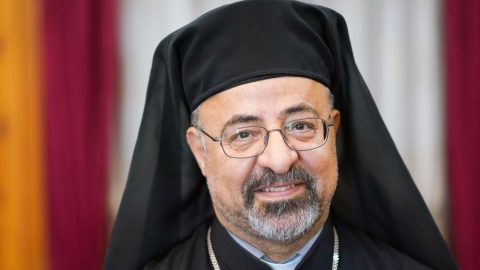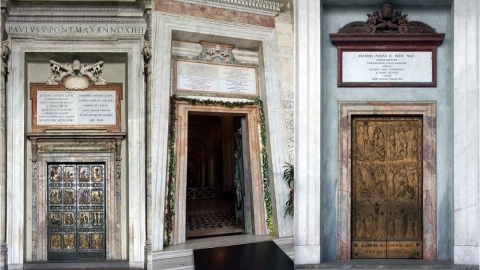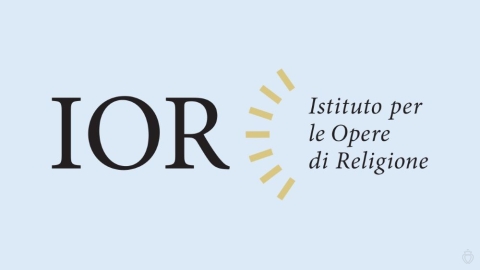Iraq: Refugees’ situation deteriorating

The rain fell harder and harder on the area of Erbil during the afternoon of October 16, 2014, capital of Iraqi Kurdistan, according to news agency Fides. Storms battered Ankawa, a district of Erbil chiefly inhabited by Christians, also a refuge for thousands of Christians who have fled Mosul and the plain of Nineveh following the attack of jihadist militia of the so-called “Islamic State”. Chaldean bishop Amel Shamon Nona of Mosul expressed his worry for the refugees—estimated to be at least one thousand—sheltered by tents in Ankawa’s public spaces with the cold season coming. “We do what is possible,” he told the agency, “but it is not easy to find solutions for the majority of persons in difficulty. Often the Church is the only one to offer help.”
The government of Baghdad has announced a plan to set up prefab lodgings for the evacuees in the provinces of Erbil and Dohuk. “Nevertheless,” said Father Paolo Thabit Mekko, a Chaldean priest who took refuge in Ankawa after fleeing Mosul, “other than the announcement, we haven’t seen anything yet. The only concrete initiatives are coming from international organizations and above all from the Church who is currently running a program to rent houses and acquire containers as a less precarious alternative to tents.” Bishop Nunzio Galantino, general secretary of the Italian Bishops’ Conference, recently visited and promised to organize twin city initiatives between Italian dioceses and Iraqi Christian communities as support to aid initiatives for the refugees.
Bishop Nona told Fides that “in the past, a festival for the young people from the churches of northern Iraq has been held annually in the summer. This year, it was not possible because of everything that happened after the arrival of the jihadists. Then it was decided to hold it now, and in the conditions in which we live, the festival took on a special importance. During the three afternoons and evenings that we spent together, meditating on the figure of David has been a way of examining our own lives in the light of Scripture. The situations that David went through, marked as they were by his sin, brought him to discover that hope comes from our Lord. The festival was an opportunity to encourage the young not to shut themselves up in pessimism, not to sink into depression, but to perceive how even in our current conditions of life, our Lord can preserve our hope.” These three days, which were held at the beginning of October in the garden of the Chaldean convent of the Daughters of Mary Immaculate, brought together 250 young people. The meditations on the life and conduct of King David were delivered by Chaldean archbishop Bashar Matti Warda of Erbil.
Martin Baani, a 24-year old seminarian in his final year of theology, fled Karamlish (30 km from Mosul) on the night of August 6, 2014, and took refuge in Ankawa with 27 conferes in the seminary of St. Peter in Ankawa. He told Aid to the Church in Need how he planned to live out his vocation as a priest, in service to the faithful in distress: “My family lives in California now. I have already received a visa to travel to America and visit them. But I want to stay. I do not want to run away from the problem. We must defend our rights; we must not be afraid… I thank you for your prayers, we are counting on your support.”
Two elderly women, Victoria, a Chaldean Catholic widow of 80 years and her neighbour Gazella, who had remained in Karamlish on the plain of Nineveh, were ordered to convert to Islam with the words, “Our faith guarantees paradise for you.” They answered, “We believe that if we show love and goodness, mercy and pardon, we can bring the Kingdom of Heaven on earth as well as in heaven. Paradise is a question of love. If you wish to kill us for our faith, we are ready.” The jihadists allowed them to leave the city and they were able to reach Ankawa.
(Sources: Fides—Aid to the Church in Need)—DICI no. 303, 24/10/14)
For further reading:
Iraq: “Dialogue does not stop the extremists”
Iraq and Syria: Living “in terror of the islamist groups”
Iraq: Militants of the “Islamic State” impose rule of terror
Iraq: The Christian exodus
Iraq: Islamic Militias Take Over the North of the Country
Iraq: Until the “grace of martyrdom”
